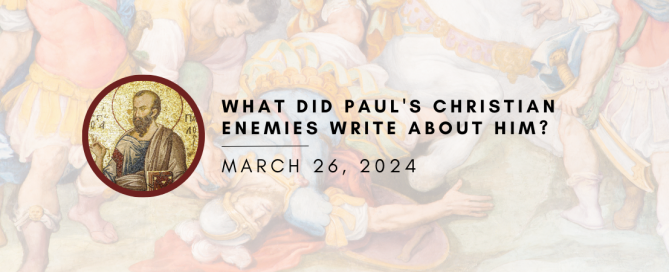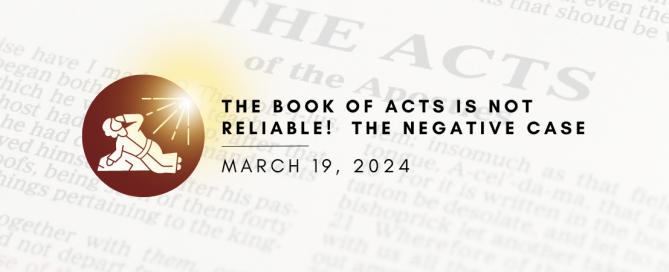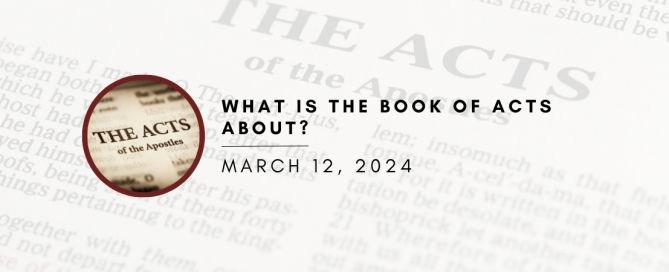Public Lecture at Wake Forest University: April 2
In case any of you is around Winston Salem NC next Tuesday, April 2 -- I'll be giving a public lecture at Wake Forest. This'll be the first event I've done like this since before Covid! I'll be talking about the real-life effects of the Christian view that the End is Near, based on my book Armageddon. The event is free, and you can find out more about it and register here: https://www.eventbrite.com/e/free-public-lecture-bart-ehrman-armageddon-in-america-visions-of-the-end-tickets-777270646427



